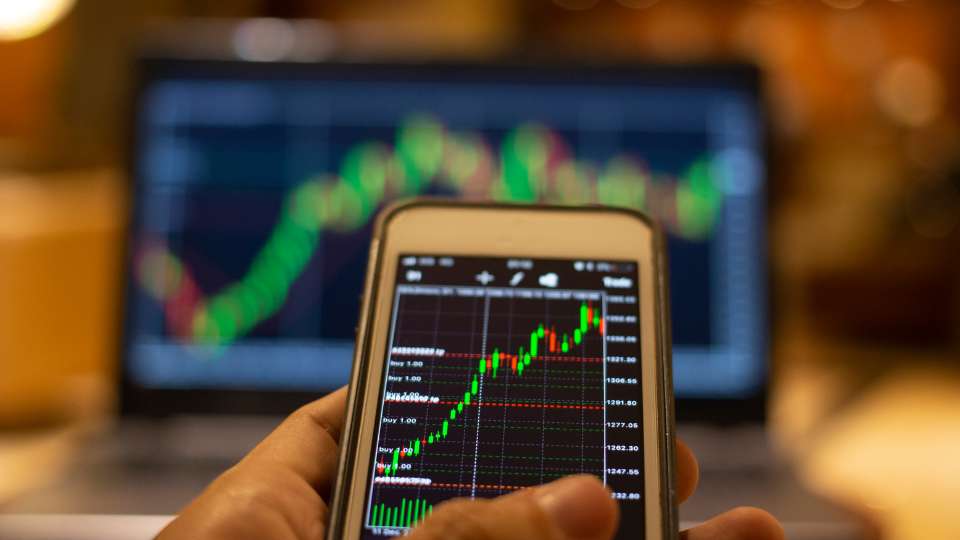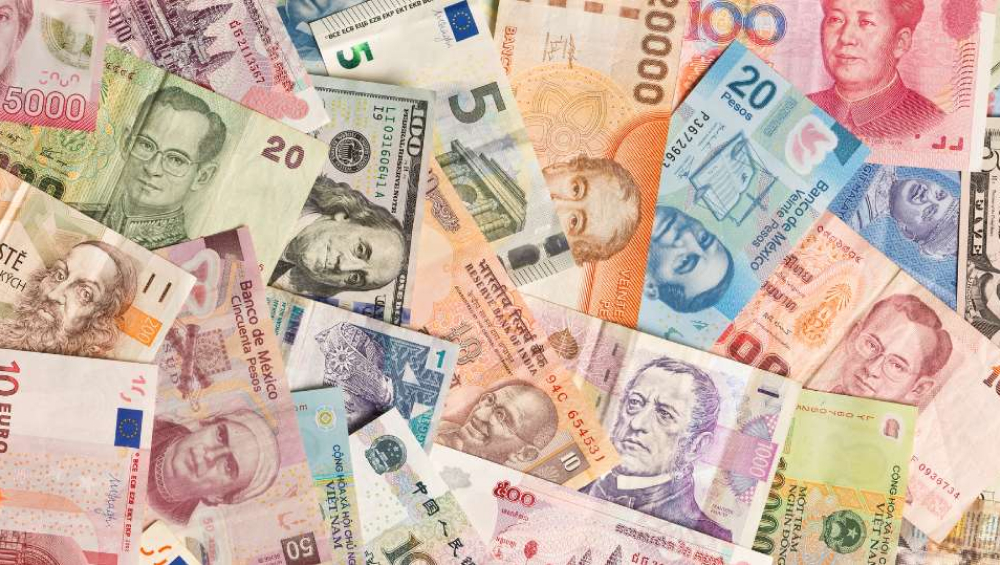The Forex market is unparalleled in size and liquidity, valued at a staggering $7 quadrillion, with daily trading volumes soaring to $6.6 trillion. Although Forex trading offers excitement and uniqueness, selecting the appropriate broker can be daunting given the multitude of options available.
However, when selecting your broker, it’s crucial not only to consider spreads or commissions but also to ensure the Forex broker is adequately regulated. Choosing the right broker can determine whether your trading funds remain secure or are exposed to risk.
What is Forex Trading?
In its simplest form, forex trading mirrors the currency exchange transactions common during travel: A trader purchases one currency and sells another, with exchange rates constantly shifting based on supply and demand.
Forex trading takes place in the foreign exchange market, a global platform open 24 hours a day from Monday to Friday. Unlike stock exchanges, forex trading is conducted over the counter (OTC), with a network of banks and financial institutions overseeing transactions rather than a central exchange like the New York Stock Exchange.
The majority of forex trade activity involves institutional traders, such as those employed by banks, fund managers, and multinational corporations. These traders often speculate on or hedge against future exchange rate fluctuations, rather than aiming to physically acquire the currencies involved.
For instance, a forex trader may purchase U.S. dollars and sell euros if they anticipate the dollar’s value strengthening, enabling them to acquire more euros in the future. Similarly, an American company with European operations could utilize the forex market to hedge against potential weakening of the euro, protecting the value of their overseas income.

How does Forex Trading work?
Every currency is assigned a three-letter code similar to a stock’s ticker symbol. While there are over 170 currencies globally, the U.S. dollar plays a predominant role in forex trading, making its code, USD, crucial to know. The euro, used in 19 European Union countries, is the second most traded currency in the forex market, identified by its code, EUR.
Other popular currencies, include the Japanese yen (JPY), British pound (GBP), Chinese Yuan (CNH/CNY), Canadian dollar (CAD), Swiss franc (CHF), and Indian Rupee (INR).
Forex trading involves pairs of currencies, where each trade represents an exchange between two currencies. The following seven currency pairs, known as the majors, account for approximately 75% of forex market trading volume:
- EUR/USD
- USD/JPY
- GBP/USD
- AUD/USD
- USD/CAD
- USD/CHF
- NZD/USD
These pairs are crucial to understanding forex market dynamics and are widely traded by investors and institutions alike.
Three Ways to Trade Forex
Forex trading, unlike currency exchange for travel purposes, primarily involves speculating on future price movements, akin to stock trading. Traders aim to buy currencies they believe will appreciate relative to others or sell those expected to depreciate in purchasing power.
There are three main ways to trade forex, catering to traders with diverse goals:
- Spot Market: This is the core forex market where currency pairs are exchanged in real-time, with exchange rates determined by supply and demand dynamics.
- Forward Market: Instead of immediate execution, traders can enter binding contracts with others, usually done privately, to lock in exchange rates for a predetermined amount of currency on a future date.
- Futures Market: Traders can opt for standardized contracts on exchanges to buy or sell a set amount of currency at a predetermined rate and future date.
- The forward and futures markets are commonly used by forex traders for speculation or hedging against future currency price changes. Exchange rates in these markets are influenced by spot market activities, which represent the majority of forex trades.

What Influences Forex Market Movements?
Like any other market, currency prices are set by the supply and demand of sellers and buyers. However, there are other macro forces at play in this market. Demand for particular currencies can also be influenced by interest rates, central bank policy, the pace of economic growth and the political environment in the country in question.
The forex market is open 24 hours a day, five days a week, which gives traders in this market the opportunity to react to news that might not affect the stock market until much later. Because so much of currency trading focuses on speculation or hedging, it’s important for traders to be up to speed on the dynamics that could cause sharp spikes in currencies.
Risks of Forex Trading
Forex trading involves unique risks compared to other asset classes due to the use of leverage and margin. Currency prices experience constant but small fluctuations, necessitating large trades and leverage to generate profits. While leverage can amplify gains, it also increases the potential for losses, sometimes exceeding the initial investment. Moreover, excessive currency depreciation can trigger margin calls, compelling traders to sell securities at a loss. Transaction costs can further erode profits.
Additionally, individual forex traders face competition from skilled professionals, and there’s a risk of fraud and misinformation. To minimize the risk of fraud, always choose a regulated broker that operates under the supervision and control of a local regulatory authority, mitigating the potential for fraudulent activities or excessive risk-taking by the broker.
东证期货国际(新加坡)简介
东证期货国际(新加坡)私人有限公司是上海东证期货有限公司的直属全资子公司,也是东方证券股份有限公司的间接控股子公司。
作为持有新加坡金融管理局(MAS)颁发的《资本市场服务许可证》的机构, Singapore Exchange (SGX), Asia Pacific Exchange (APEX), and ICE Futures Singapore (ICE SG). Starting August 2023, corporate clients can also gain access to the 进入巴西交易所, through us, opening additional trading avenues.
东证期货新加坡是亚太交易所、新加坡衍生品交易所以及洲际新加坡交易所的 交易和清算会员, 为客户提供覆盖国际市场的综合交易服务。



